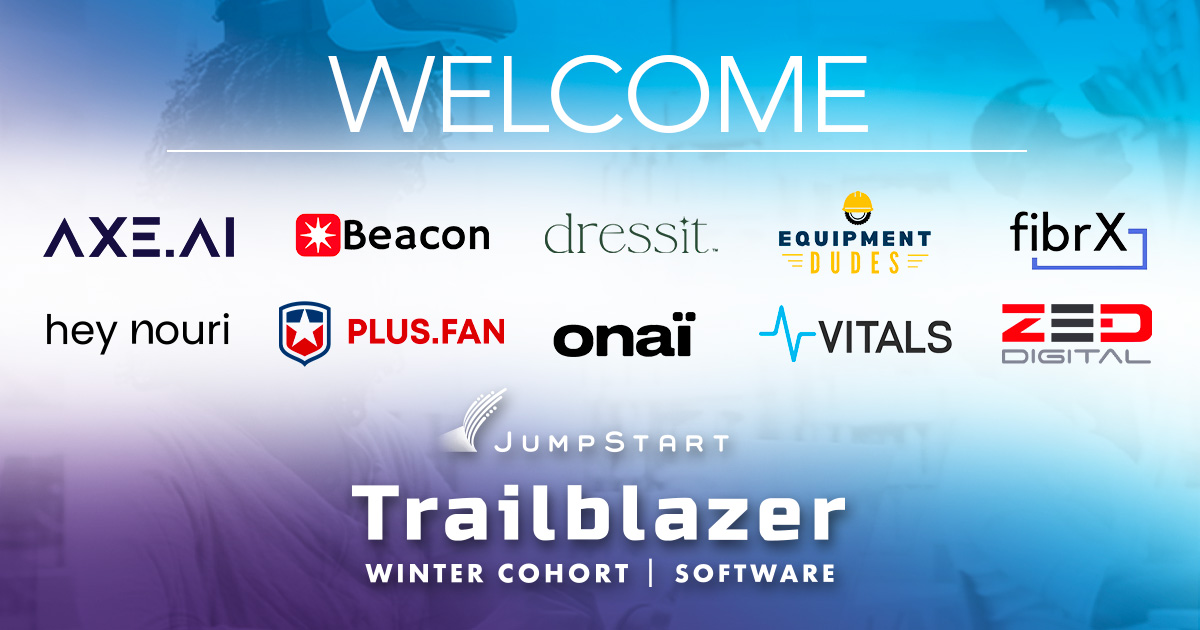Your website isn’t just your presence on the internet. For many customers, your website is what shapes their first impression. As a result, it can go a long way in establishing (or diminishing) your credibility.
Websites that are slow, unappealing, filled with poor content and unfriendly to mobile devices can sometimes be worse than no website at all. That’s because they cause potential customers to lose trust that you can deliver on the high-quality product or service you’ve created.
On the other hand, if you don’t have a website, there’s a huge pool of people who won’t even know you exist.
Because your website is such an important investment, we often recommend enlisting the help of a professional. With that said, today’s tools make it easier than ever to build basic websites.
Here are four easy-to-use and inexpensive website content management systems to consider as you start planning for your first business website.
Wix
Pros
• The drag-and-drop site builder is easy to use and you can see the effect of your work immediately
• Custom mobile site editor to make your site look great on mobile
• The designs are responsive and built with HTML5
• There are new designs constantly being added, and you can easily see what’s new through the filter feature in the designs
Cons
• Too many designs to choose from
Squarespace
Pros
• An incredibly impressive set of easy-to-add features.
• The designs are very modern, and beautiful in their simplicity.
Cons
• The majority of the designs offered at Squarespace are based on good visuals and attractive imagery. This can be a huge advantage if you have just the right image at your disposal, but it can also backfire in the hands of a less design-conscious person. To build a good looking site with Squarespace, you need images of a very high quality.
Weebly
Pros
• An easy to use and highly intuitive drag-and-drop site building feature.
Cons
• You can only create up to five pages on the free plan. This may not be a problem for a small business site, but you won’t be able to do much with your new site in terms of content.
• Free sites are created as subdomains under weebly.com.
WordPress
Pros
• Virtually limitless flexibility in both design and functionality
• New features added constantly
Cons
• While management is intuitive, building a WordPress site is not for beginners
• Susceptible to security exploits if not regularly updated
Remember, a website is an investment that requires careful planning. It’s important not to rush or cut corners. No matter which content management system you choose, think long and hard about what you want your website to say about your business before spending your time and money on such a large project.
This article is part of JumpStart’s Marketing 101 Series, a collection of articles offering entrepreneurs and small business owners tips on fundamental marketing concepts such as branding, content development, website design, email marketing and social media.





